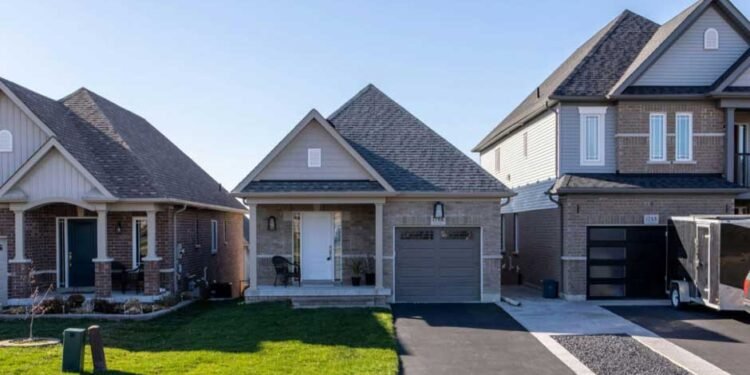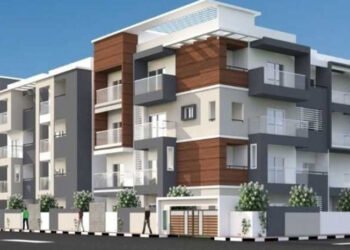1. Higher Maintenance Costs
Heritage homes often require more upkeep than modern properties. Their unique features and aging structures may necessitate specialized repairs, which can be costly. Factoring in maintenance costs alongside mortgage rates is crucial for budgeting. Regular inspections, painting, and repairs to original features like wooden floors or decorative ceilings can add to the expenses, making it essential to allocate a maintenance fund.
2. Regulatory Restrictions
Owning a heritage property often comes with strict regulations regarding renovations and modifications. Homeowners may need to obtain special permits and adhere to guidelines to preserve the property’s historical integrity. These rules are designed to protect the home’s unique character but can limit the scope of personal customization, potentially delaying projects and increasing costs.
3. Energy Inefficiency
Older homes were not built with energy efficiency in mind. Heritage homes may have outdated insulation, single-pane windows, and inefficient heating systems, leading to higher utility bills. Upgrading these systems can be challenging due to preservation rules, but options like discreetly adding insulation or secondary glazing may help improve efficiency without compromising historical features.
4. Limited Modern Amenities
While charming, heritage homes may lack modern conveniences such as open floor plans, built-in storage, and updated kitchens or bathrooms. Retrofitting these features can be challenging and expensive. For example, adding a modern bathroom might require rerouting plumbing in a way that respects the home’s original design, which can significantly increase the project’s complexity and cost.
5. Higher Insurance Premiums
Insuring a heritage home can be more expensive due to the specialized coverage required for unique features and potential restoration costs. These premiums, combined with mortgage rates, can significantly impact overall affordability. Some insurers may also require additional documentation or assessments, adding to the administrative burden.
Financial Considerations: Mortgage Rates and Heritage Homes
When purchasing a heritage home in Wellington, understanding mortgage rates is essential. These rates determine your monthly repayments and overall affordability. Heritage homes, with their unique charm and potential for higher maintenance costs, may require a larger budget than modern properties. Buyers should compare mortgage rates from different lenders to secure the best deal.
It’s also worth consulting with a mortgage advisor who understands the nuances of financing heritage properties. Some lenders may have specific requirements or offer tailored loans for homes with historical significance. Balancing mortgage rates with the ongoing costs of maintaining a heritage home is crucial for long-term financial stability. Prospective buyers should also consider the potential impact of fluctuating interest rates on their repayment plans, particularly for properties that might need significant investment post-purchase.
Tips for Prospective Buyers
- Conduct a Thorough InspectionBefore purchasing a heritage home, invest in a detailed inspection by professionals familiar with older properties. Identify potential issues and estimate repair costs to avoid unexpected expenses. Pay close attention to the roof, foundation, and electrical systems, as these can often be the most costly to repair.
- Understand Local RegulationsResearch Wellington’s heritage property guidelines to understand your responsibilities as a homeowner. Ensure you’re comfortable with the restrictions and requirements. Being proactive in understanding these rules can save time and prevent costly mistakes during renovations.
- Plan for Higher ExpensesFactor in higher maintenance costs, insurance premiums, and potential renovations when calculating your budget. Consider how mortgage rates fit into this financial equation. A realistic budget that includes contingency funds can provide peace of mind and prevent financial strain.
- Seek Expert AdviceWork with real estate agents and mortgage advisors experienced in heritage properties. Their expertise can help you navigate the complexities of buying and owning such a home. They can also recommend reliable contractors and restoration specialists familiar with heritage properties.
Conclusion
Owning a heritage home in Wellington is a unique and rewarding experience, offering historical charm and architectural beauty. However, it also comes with challenges, including higher maintenance costs, regulatory restrictions, and potential financial strains. Prospective buyers must weigh the pros and cons carefully, considering factors like mortgage rates, insurance, and ongoing expenses.
By planning ahead and seeking expert guidance, you can make an informed decision that aligns with your lifestyle and financial goals. A heritage home is more than just a house—it’s a piece of history and a testament to Wellington’s rich cultural heritage.












